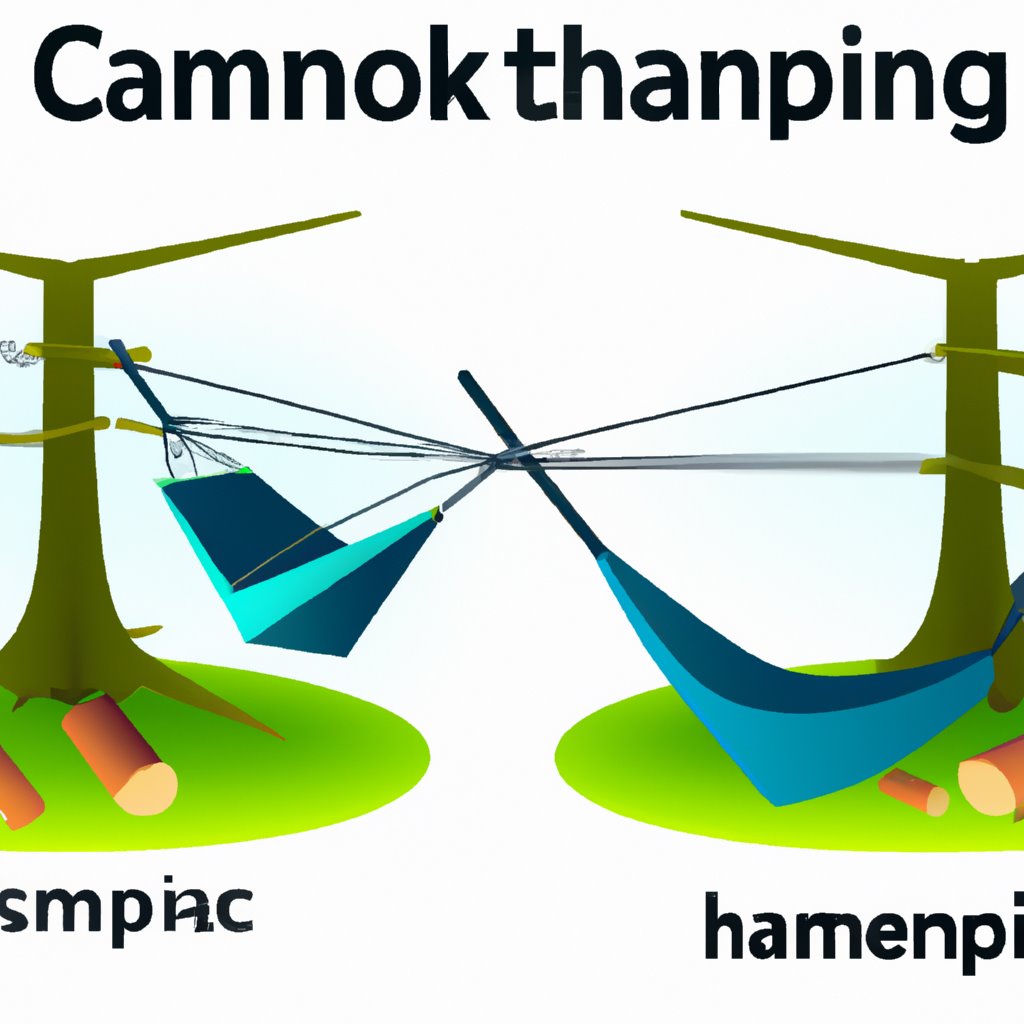When it comes to camping, there are two main options that people often consider: hammock camping and traditional camping. While traditional camping involves setting up a tent on the ground, hammock camping offers a different experience by sleeping in a suspended hammock. Both options have their own advantages and disadvantages, and choosing between the two ultimately comes down to personal preference and the specific camping environment.Hammock camping has gained popularity in recent years for several reasons. One of the main advantages of hammock camping is its versatility. Hammocks can be set up almost anywhere, as long as there are two stable anchor points such as trees or posts. This makes hammock camping ideal for campers who enjoy exploring more remote or rugged terrain where finding flat ground for a tent may be a challenge.Another advantage of hammock camping is its comfort. Sleeping in a hammock can be a more comfortable experience than sleeping on the ground, as the hammock conforms to the shape of your body and provides support in all the right places. Many people also find that sleeping in a hammock helps to alleviate back pain and promote a better nights sleep.Hammock camping is also a great option for campers looking to minimize their impact on the environment. When you sleep in a hammock, you leave little to no trace on the ground below, as opposed to traditional camping where tents can damage vegetation and soil. This makes hammock camping a more sustainable option for those wanting to practice leave-no-trace ethics while enjoying the great outdoors.However, hammock camping also has its drawbacks. One of the main challenges of hammock camping is finding suitable anchor points for your hammock. While trees are the most common anchor points, they may not always be available in certain camping locations, such as in the desert or above the tree line. In these situations, hammock campers may need to get creative with their anchor points or bring along a hammock stand.Additionally, hammock camping can be less spacious than traditional tent camping. While some hammocks come with built-in pockets or gear storage options, they may not have the same amount of space as a tent with separate sleeping and storage areas. This can be a challenge for campers who like to spread out or have a lot of gear to store.On the other hand, traditional camping offers its own set of advantages and disadvantages. One of the main advantages of traditional camping is the familiarity and comfort of sleeping in a tent. Tents provide a more enclosed and protected sleeping space, which can be reassuring for campers who are new to camping or prefer the security of solid walls around them.Tents also typically offer more space for campers to move around and store gear. Most tents have separate sleeping areas and vestibules for gear storage, which can make organizing and accessing gear easier than in a hammock. Tents also provide more privacy for campers who prefer to have separate sleeping spaces or changing areas.However, traditional camping also has its drawbacks. Setting up a tent can be more time-consuming and labor-intensive than setting up a hammock. Tents often require more stakes, guy lines, and poles to set up, which can be challenging in windy or rocky terrain. Additionally, traditional camping can have a larger impact on the environment, as tents can damage vegetation and soil over time.In conclusion, both hammock camping and traditional camping have their own unique advantages and disadvantages. Choosing between the two ultimately comes down to personal preference, camping environment, and camping style. For campers who enjoy exploring remote or rugged terrain and prioritize comfort and sustainability, hammock camping may be the ideal choice. On the other hand, campers who prefer the familiarity and security of a tent or need more space for gear may find traditional camping to be the better option.Whichever option you choose, both hammock camping and traditional camping offer the opportunity to connect with nature, disconnect from the stresses of everyday life, and create lasting memories in the great outdoors. Ultimately, the most important thing is to get outside, enjoy the beauty of nature, and have a great camping experience, whether in a hammock or a tent.


leave a comment